Dear Sophomore Class
An open letter to the 10th grade about the struggles of being a teen.
An example off what could happen to any student at any school.
November 1, 2021
An open letter to the sophomore class:
Being a teen is hard. And you know what’s even harder? Being a teen and dealing with drama. We all have dealt with it, and none of us like it. The only fortunate thing is that people say the melodrama gets better (after we graduate).
Going into high school, I thought all of the petty issues of middle school like the gossip, cliques, rumors, unkindness, and bullying were over. Well, it’s not (for most) and the funny thing is, I am not sure it ever will be.
It’s no mystery that over the past year and a half, there has been a heightened sense of teen drama in the sophomore class. To better understand that social dynamic, I asked some of my peers for their opinion on this particular problem— How do you see it? What causes it? What can we do to make it better?
Most of the answers went something like this: “It’s real” and “There’s a lot of drama” and “We can improve” and “People can be controlling when it comes to group activities.”
And that brings me to my point: Why are we allowing ourselves to spend our last few years together in this— as Brittany Spears put it— “toxic” environment?
Let’s be real here, everyone makes mistakes. We know that because Hannah Montana told us when we were five. The problem is that some of our “mistakes” seem to have something unkind rooted behind them. That’s where the real problem lies: we as a class say and do things that hurt other people’s feelings.
And we do it often.
It’s not that any one person or even group is “bad,” it’s just that there seems to be a common trend of unkindness among our grade that could be avoided if everyone identified it and put the effort in.
So what exactly is it that causes this dynamic? Let’s just pretend here for a second. What if there was a sophomore student named Larry. Here’s an example of what Larry could have experienced in the last year and a half, based on the conversations I’ve had with sophomores regarding our group dynamic.
Going into freshman year, Larry, a wide-eyed 14 year old, was pumped to be out of middle school. After the first few weeks, Larry realized that things might not be just like the movies: school was really hard and he had a hard time making friends. He found his grade was very, let’s just say, “loyal,” to their friends.
Eventually, after the rigorous process of finding friends, Larry had to deal with people making fun of him because he is a part of, let’s say, competitive cheerleading (or chess club, or rowing; the list goes on).
People called him mean names and gossiped about him behind his back. It turns out that even his friends were talking about him. It didn’t seem like a big deal to his friends, but it was to him.
Now, you might be thinking: Why tell us a random story about a kid who doesn’t even exist?
Well, the simple answer is the words that you choose to say to someone or behind their back could cause them to question their choices and lower their self-esteem. You know the saying “sticks and stones may break my bones but words can never hurt me?” Well, news flash: Words do hurt people. What happened to Larry happens, in one form or another, to real sophomore students here and beyond.
Another problem, according to the conversations I’ve had with peers, is that people don’t feel heard. Think social events like homecoming week, class activities, and the social scene as a whole. For many, it feels like there is an imbalance in power. Some people seem to have all of the power to say what they want to happen, or “how things are,” and others have no say at all. And no one has the courage to speak up.
It would be easy to blame a few, but the truth is, we are all to blame. We need to listen to each other so everyone feels heard, and we need to speak up to be heard. We need people to have courage and freedom.
Yes, it is hard, but we can have an environment where everyone can feel comfortable to be their authentic self.
The main message that I am trying to get across is that we are a team. To be successful as a team, we have to work together. We have to listen to one another and be kind to one another. So, take this message how you may, and remember you’re awesome, so let some of that awesomeness improve our sophomore class.



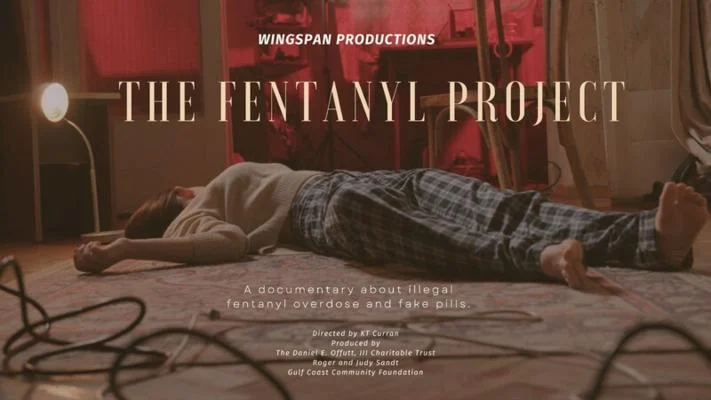


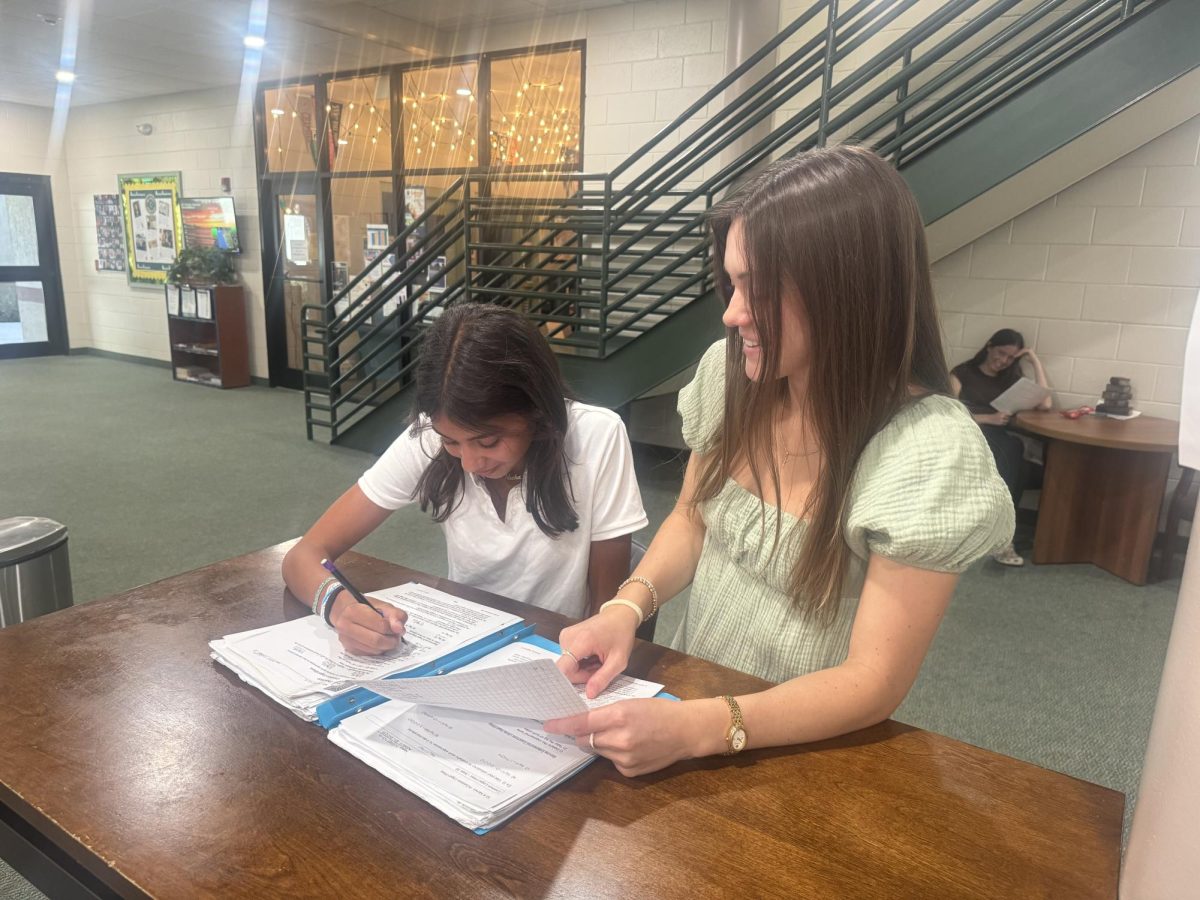
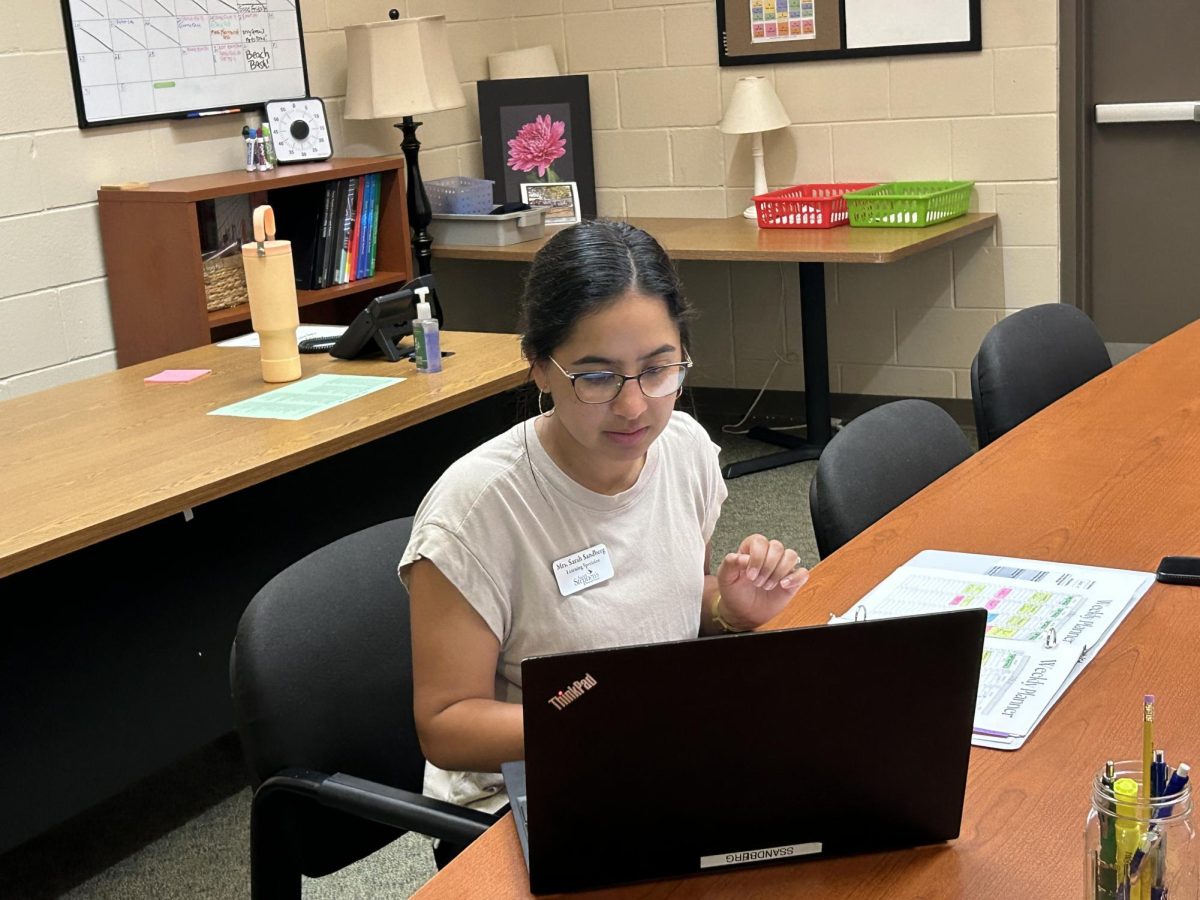























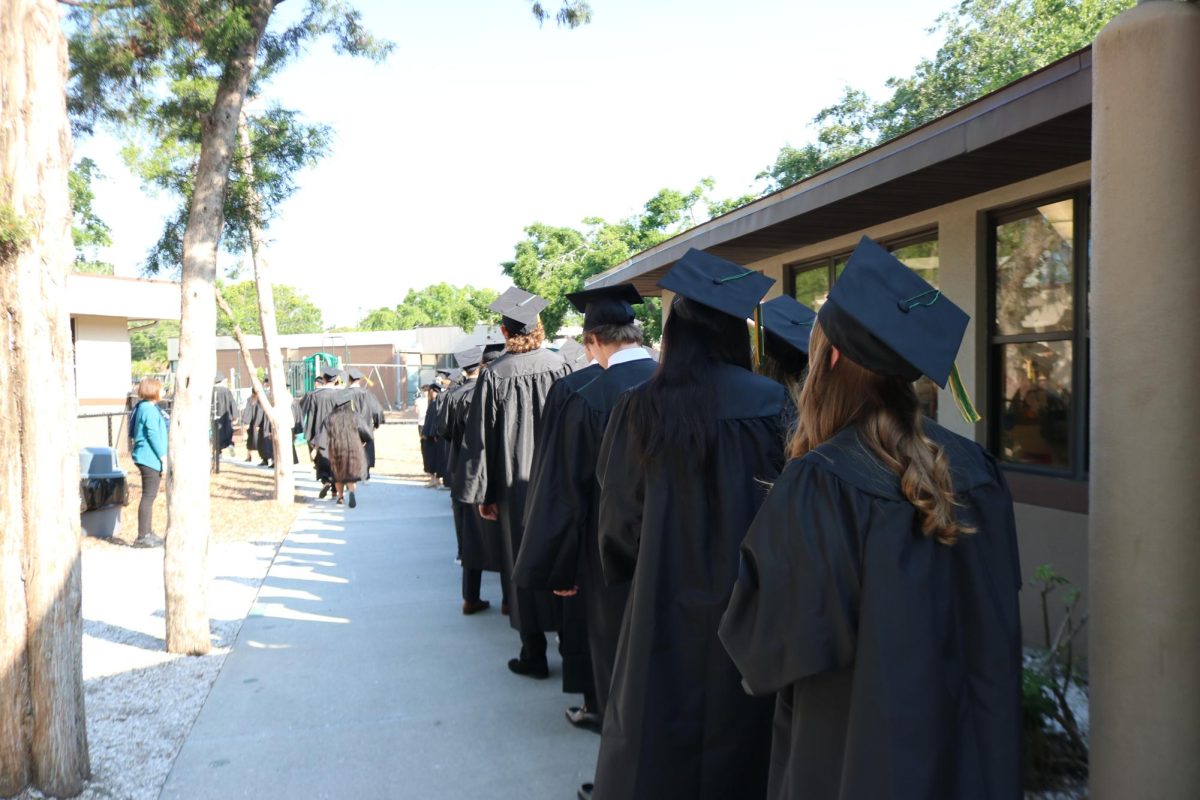















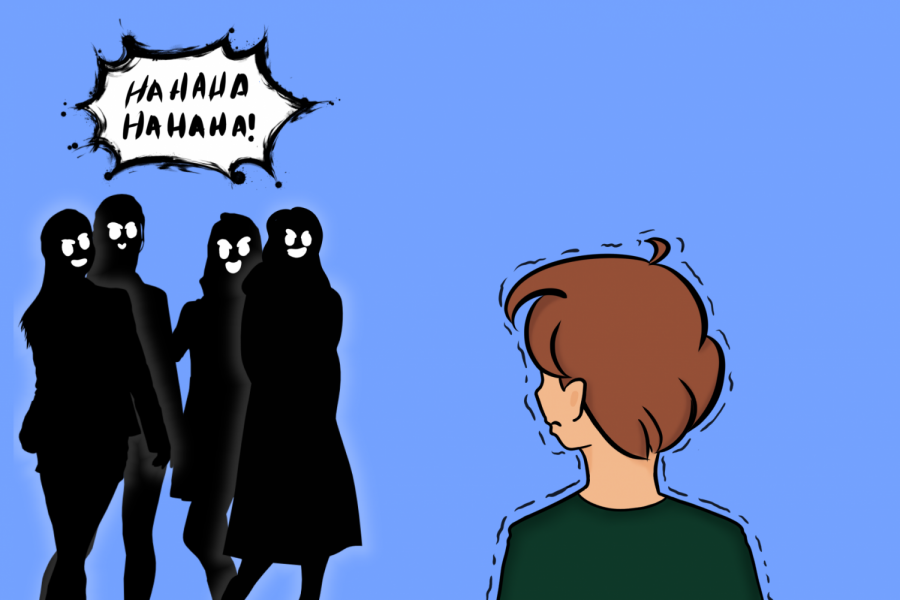


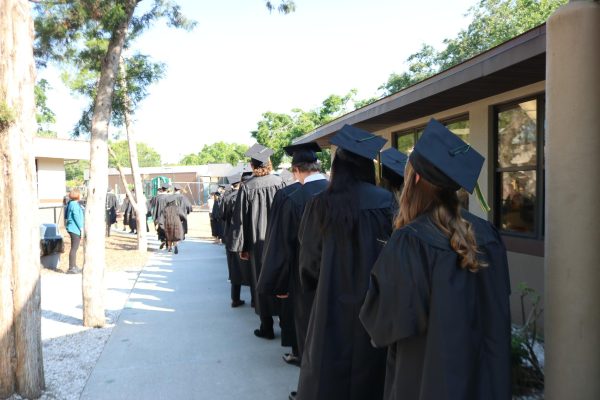
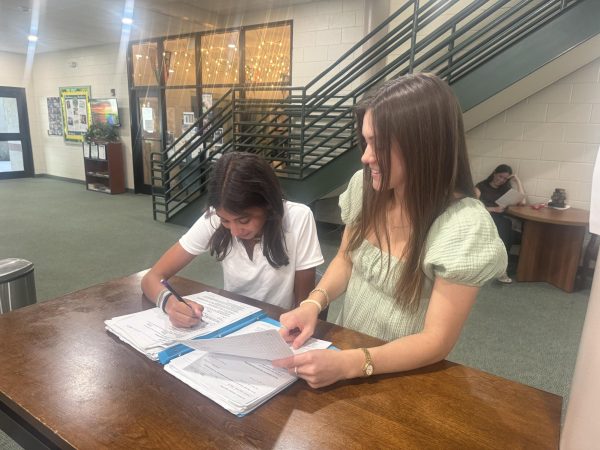

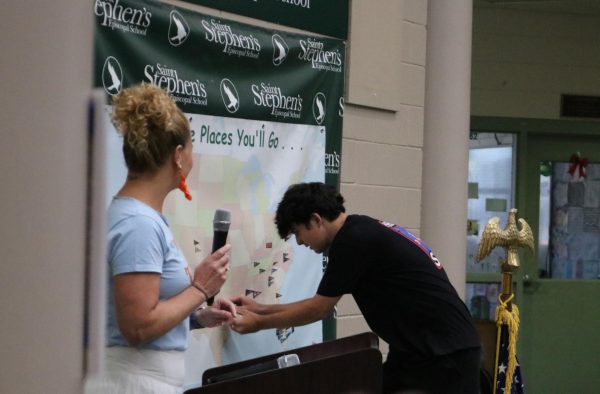


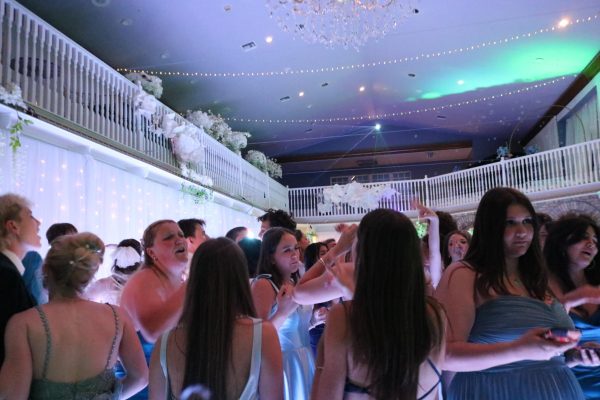



Rachel Hubbs • Nov 2, 2021 at 12:03 pm
Reese, I so enjoyed reading your article. It shows quite a maturity of you personally and a deep insight into behavioral attitudes. I am hoping that more people will read your article and respond with positive thoughts and actions. So very proud of you! Rachel Hubbs
Dana • Nov 1, 2021 at 7:58 pm
What an amazing article ! So true Reese! Live by the golden rule “treat others how you want to be treated!”